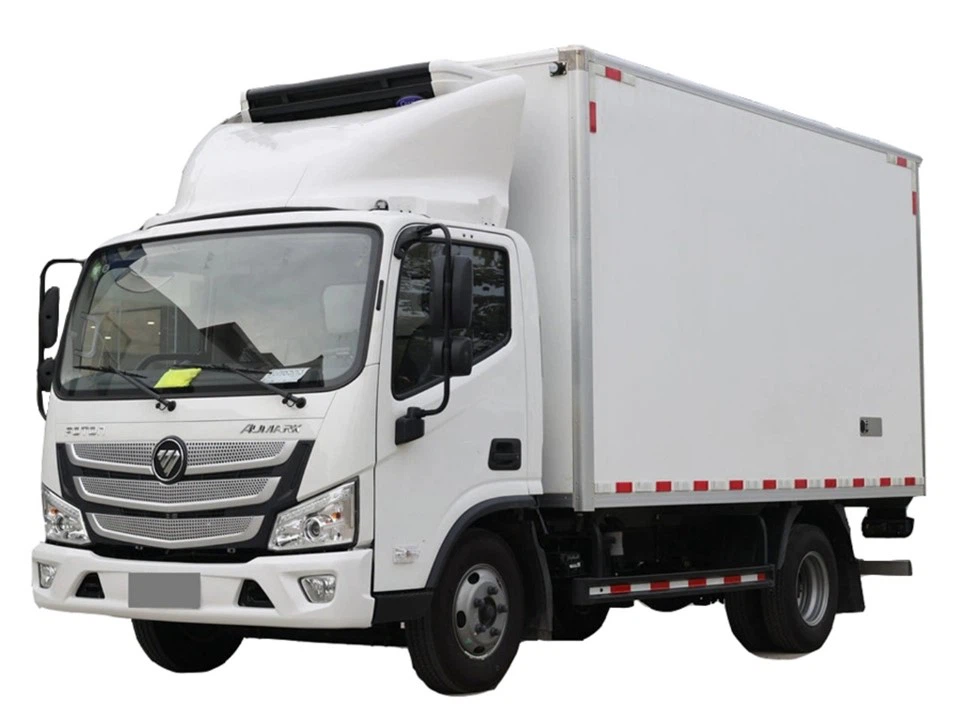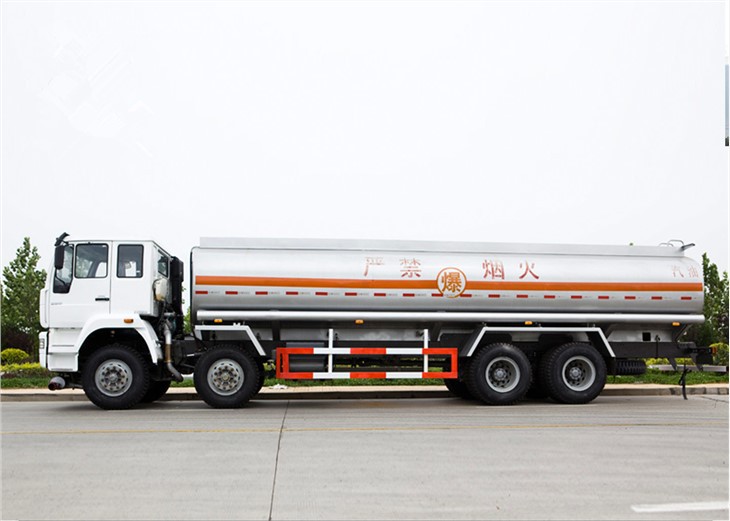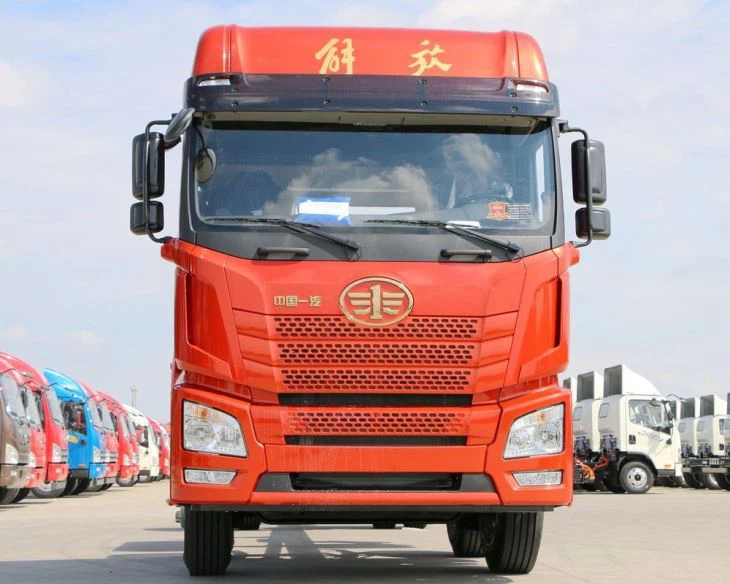Understanding the 2.5 Ton Truck: The Ultimate Guide

In an industrial era characterized by swift logistics and transportation needs, the 2.5-ton truck has emerged as a crucial asset for businesses and individuals alike. This comprehensive article delves into the various aspects of 2.5-ton trucks, from their specifications and capabilities to their applications and benefits. Whether you’re a potential buyer or just curious about these vehicles, this guide offers valuable insights.
What is a 2.5 Ton Truck?
A 2.5-ton truck is a type of light-duty vehicle designed to carry a payload of up to 2.5 tons (approximately 5,500 pounds). These trucks are versatile and commonly used for various tasks, including transporting goods, moving furniture, and even for construction purposes. Understanding their specifications is essential for making informed decisions about which model or type to consider.
Key Specifications
While specifications can vary by manufacturer, here are some general features of 2.5-ton trucks:
| Feature | Details |
|---|---|
| Payload Capacity | Approximately 2,500 kg (5,500 lbs) |
| Engine Type | Diesel or Gasoline |
| Transmission | Manual or Automatic |
| Average Mileage | 15-25 mpg depending on load and model |
| Wheelbase | Varies by manufacturer, typically 130 to 170 inches |
| Length | Approximately 20-25 feet |
Types of 2.5 Ton Trucks
There are several types of 2.5-ton trucks on the market that cater to different needs:
- Flatbed Trucks: Ideal for transporting large, bulky items that don’t fit in enclosed spaces.
- Box Trucks: These trucks have a large, enclosed cargo area, making them suitable for furniture and moving goods.
- Tippers: Equipped with a hydraulic lift, these trucks are perfect for transporting loose materials like sand and gravel.
- Refrigerated Trucks: Essential for transporting perishable goods like food and pharmaceuticals.
Benefits of Using a 2.5 Ton Truck
Choosing a 2.5-ton truck offers numerous advantages, making it a favored choice among businesses and individuals alike.
Versatility

One of the primary benefits is their versatility. 2.5-ton trucks can handle a wide range of tasks, from hauling construction materials to delivering goods across cities.
Cost-Effective
Compared to larger trucks, these vehicles are generally more affordable both in terms of initial purchase price and fuel consumption, making them an attractive option for startups and small businesses.
Easy to Maneuver
Thanks to their size, 2.5-ton trucks are easier to drive in urban environments where larger trucks would struggle.
Lower Maintenance Costs
With less complex machinery than heavier trucks, maintenance and repair costs are generally lower.
How to Choose the Right 2.5 Ton Truck
Selecting the right 2.5-ton truck involves several considerations:
Determine Your Needs
Identify what you will primarily use the truck for. Will you need a flatbed for carrying heavy machinery or a box truck for moving furniture?
Look at Fuel Type
Consider whether you prefer diesel or gasoline engines. Diesel engines may offer better torque, while gasoline engines might provide a smoother ride.
Evaluate Cargo Space
Check the dimensions of the cargo area to ensure it fits your requirements. Compare various models side-by-side for the best option.
Consider Additional Features
Look for additional features such as GPS, safety systems, and cargo management tools that can enhance efficiency.
Maintenance Tips for 2.5 Ton Trucks
Regular Inspection
Conduct routine inspections of tires, brakes, and engine components. Catching small issues early can prevent costly repairs later.
Oil Changes
Change the oil every 5,000 to 10,000 miles, depending on manufacturer recommendations. This is crucial for engine health.
Brake Maintenance
Inspect brake pads and rotors regularly, especially if you’re frequently carrying heavy loads.
Cleaning the Truck
Regularly wash the truck to prevent rust and dirt buildup. A clean truck also retains its resale value better.

Real-Life Applications of 2.5 Ton Trucks
2.5-ton trucks are utilized in various sectors. Here are some real-life examples:
Logistics and Delivery Services
Many logistics companies opt for 2.5-ton trucks for local deliveries, allowing them to navigate city streets efficiently.
Construction Sites
Construction companies often use these trucks for transporting tools and materials, helping to streamline operations.
Moving Companies
Moving businesses frequently use 2.5-ton box trucks for household and office relocations, thanks to their ample cargo space.
Agriculture
Farmers might use these trucks to transport crops and supplies consistently.
Cost Considerations When Buying a 2.5 Ton Truck
When planning to buy a 2.5-ton truck, various costs come into play:

Initial Purchase Price
The price of a new 2.5-ton truck typically ranges from $25,000 to $40,000, depending on the make and model.
Insurance
Commercial vehicle insurance costs can vary; however, you should anticipate expenses between $1,200 and $2,500 per year.
Fuel Costs
Estimate fuel expenses based on the average mileage and current fuel prices in your area. This can add up significantly for businesses using the truck daily.
Maintenance
Average annual maintenance costs can range from $1,000 to $2,500 depending on usage and the condition of the vehicle.
Famous Brands Offering 2.5 Ton Trucks
Several reputable manufacturers produce 2.5-ton trucks. Here are some top brands:
- Ford: Known for reliability and a solid range of models.
- Chevrolet: Offers great payload capacity and engine options.
- Ram: Noted for its performance and towing capabilities.
- Isuzu: Specializes in commercial vehicles and offers remarkable durability.
Frequently Asked Questions (FAQs)
1. What is the best use for a 2.5-ton truck?
The best use includes logistics, moving, construction, and agricultural purposes due to its balance of size and payload capacity.
2. How often should I service my 2.5-ton truck?
It’s advisable to service the truck every 5,000 to 10,000 miles or as recommended by the manufacturer.
3. Are 2.5-ton trucks fuel-efficient?
While they are generally more fuel-efficient than larger trucks, their fuel efficiency can vary based on load and driving conditions.
4. Can I convert a 2.5-ton truck for different uses?
Yes, with the proper modifications and equipment, a 2.5-ton truck can be adapted for various uses, including refrigerated transport and flatbed applications.
5. What is the average lifespan of a 2.5-ton truck?
A well-maintained 2.5-ton truck can last anywhere from 10 to 15 years or even longer, depending on usage and care.
6. Are there financing options available for 2.5-ton trucks?
Yes, many dealerships and financial institutions offer financing plans for purchasing 2.5-ton trucks.
